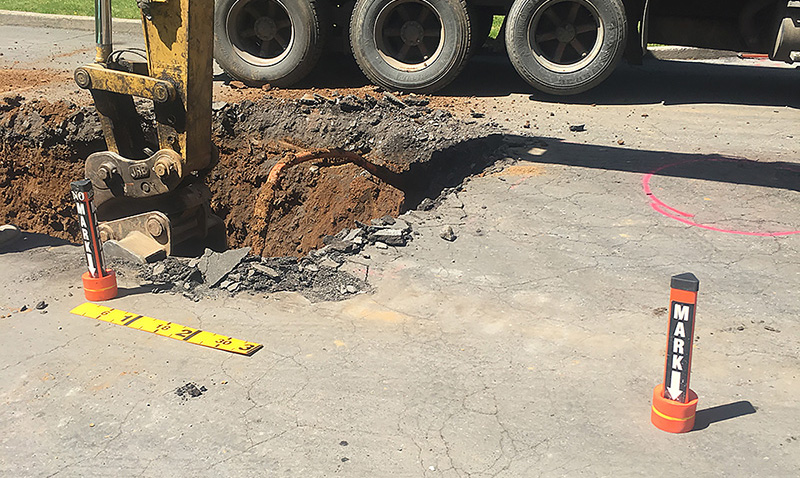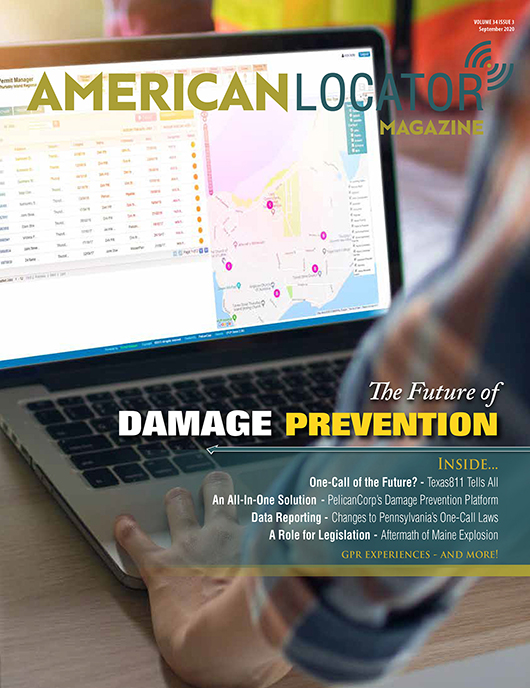Changes to Pennsylvania’s One-Call Laws and Subsurface Utility Engineering
Historical Data from Prevention to Reality – PART 1 (of 2)
Authors: Jim Dacey, Excavator and Brenda Reigle, Executive Director of NUCA Pennsylvania
History of the Common Ground Alliance (CGA)
In 1999, the Common Ground Study was sponsored by the U.S. Department of Transportation in an effort to share information and perspectives and work together on all aspects of damage prevention issues. In 2000, the CGA was officially formed as the leading organization to reduce damages to underground facilities in North America through shared responsibility among all stakeholders. While the intent was virtuous, the unintended reality was that facility owners consistently provided excavator data that skewed the perception of the collected data as only caused by excavator error.
The truth is that excavators were very poor at submitting data to the DIRT report for many reasons: 1) too time-consuming for most excavators with limited staff to complete the form(s) on the numerous incidents of facility owner error; 2) Multiple reporting of the same data to different entities such as enforcement, private dirt systems, CGA DIRT, etc.; 3) “Good old boy” back-end deals, i.e., exchanges of excavator hits for facility owner mismarks; 4) No reporting options for mismarked or unmarked lines on the DIRT form prior to 2015. All these reasons lead to the data being collected as very one-sided in favor of the facility owners. Don’t get me wrong, the excavators are to blame for lack of reporting, but the fact still remains that the DIRT report did not provide the option until 2015 for excavators to report their number one, number two and number three complaints: 1) Unmarked lines after making a one-call locate request; 2) Mismarked lines that lead excavators to believe the tolerance zone was clear of utilities; and 3) Abandoned lines located for live lines. The only incentive for excavators to report this data would be for downtime claims, yet only several state laws provide compensation to excavators for utility line delay claims on local infrastructure projects. Federal-aid highway projects authorize delay claims to excavators for costs incurred to work around no-marks/mismarked utilities.
Focus on Excavators
The consequence of the lack of excavator reporting led the CGA to produce yearly reports pointing at a high rate of excavator error and therefore, composing best practices to guide excavators to perform safer excavation in the field. While the guidance was serving a safety advantage, the focus on all stakeholders was downplayed until just recently.

This Story is a Subscriber Exclusive.
Subscribe today to read the full article and access bonus material on our website!


